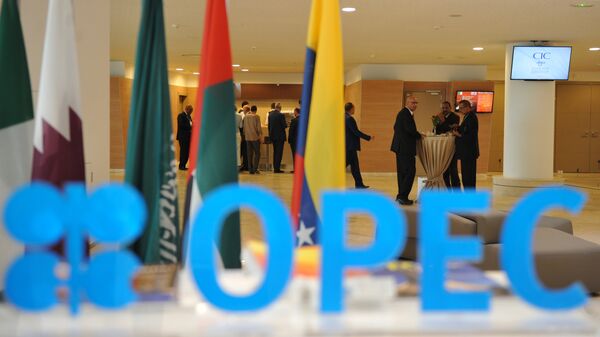Eleven non-OPEC countries, including Russia, Mexico and Kazakhstan, later joined the deal, pledging to reduce production by a total of 558,000 barrels per day on a voluntary basis.
"This historic OPEC/non-OPEC agreement is very much on the mindset of everybody," Yergin said. "It has been more successful than many would have thought."
He continued that at the conference the stakeholders "are going to be looking ahead to May and June and say what's going to come after, and then to what degree is the market rebalancing. I think that will be a great question that everybody will to try to assess."
Qatari Energy Minister Mohammed Saleh Sada said in February that the level of OPEC states’ adherence to the agreement is unprecedentedly high, and while they aim for it to reach 100 percent, it now stands at 94 percent.


